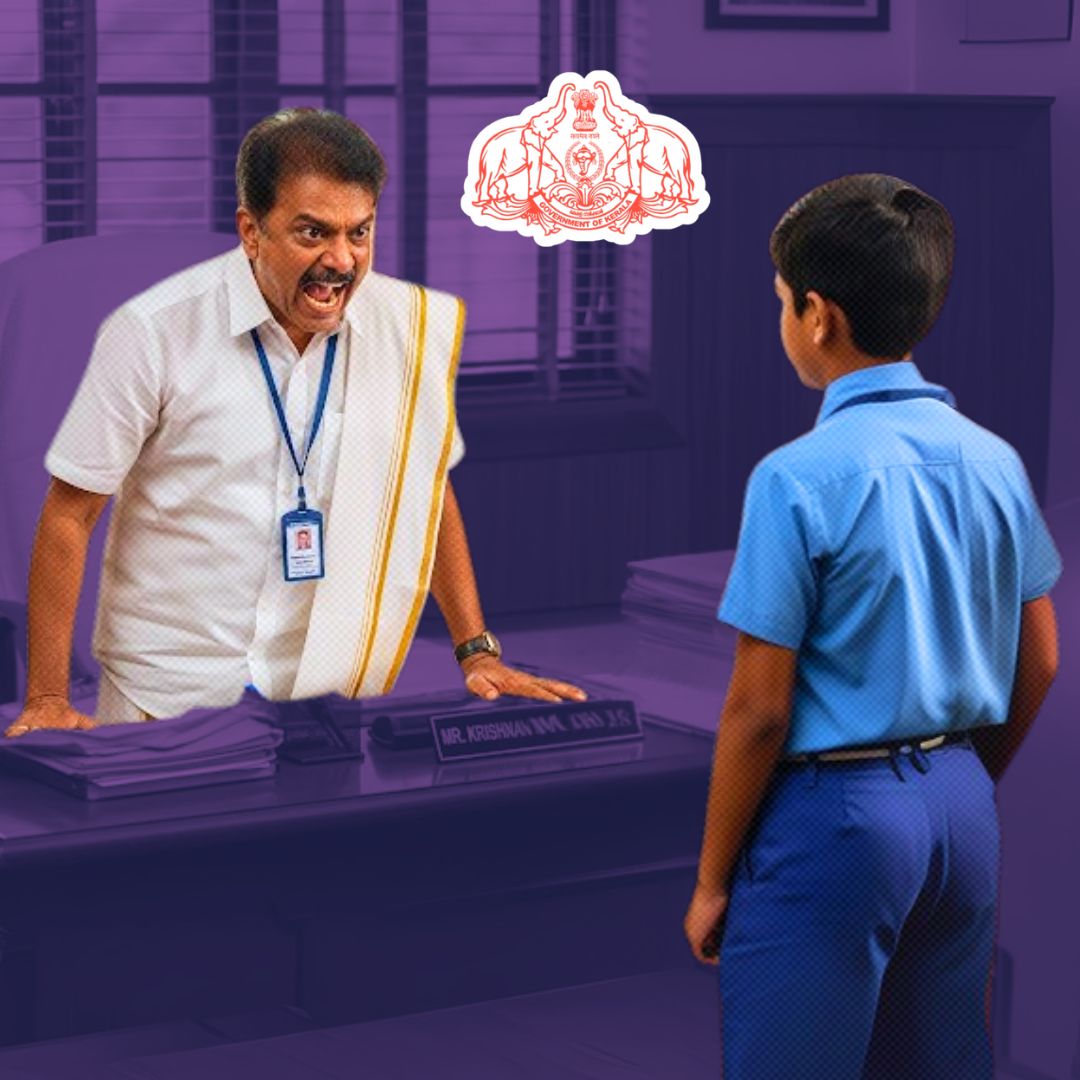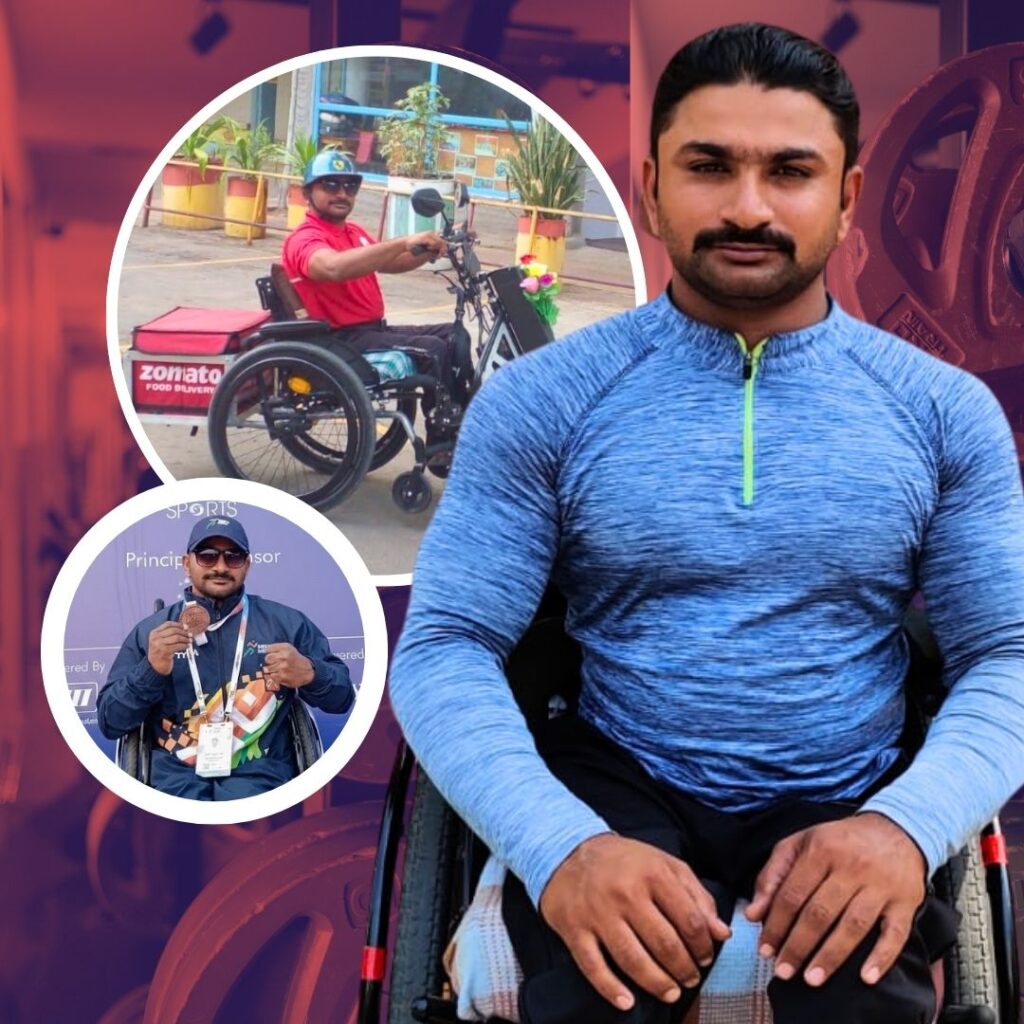The Kerala Education Department has launched a formal inquiry into an incident at Kundamkuzhi Government Higher Secondary School in Kasaragod, where a Class 10 student, Abhinav Krishna, was allegedly assaulted by the school headmaster, M Ashokan, on August 11. During the morning assembly, the headmaster reportedly slapped the student after the latter moved gravel with his foot, resulting in serious injury including a ruptured eardrum and partial hearing loss.
The student was hospitalised, with doctors recommending surgery to repair the damage. Kerala Education Minister V Sivankutty condemned the incident, stating zero tolerance for such actions and ordering a strict probe. The Kerala State Commission for Protection of Child Rights has also registered a case, and protests demanding accountability have taken place locally.
Details of the Assault and Official Reactions
According to Abhinav’s mother, her son was physically grabbed and slapped by the headmaster during the school assembly, an act which immediately caused pain and hearing issues. The child was promptly taken to the hospital, where medical examination confirmed a ruptured eardrum. The doctor’s advice for surgery speaks to the severity of the injury and the impact on the student’s wellbeing. The mother also revealed attempts by the school’s parent-teacher association to settle the issue privately with a monetary offer, which the family declined.
The Education Minister has taken a strong stance against the use of physical punishment, emphasising, “Such arbitrary punishment is completely unacceptable in Kerala’s education system.” He has directed the deputy director of education to oversee a detailed investigation. Meanwhile, the headmaster publicly denies any physical assault claims, asserting he was merely disciplining the student for disorderly conduct during the assembly. This denial has not quelled concerns, as the state child rights commission has stepped in to ensure a thorough and impartial inquiry.
Context and Broader Concerns Over Corporal Punishment
This incident is not isolated in highlighting deep-rooted issues surrounding corporal punishment within schools, despite clear legal prohibitions. Kerala, renowned for its education standards, has witnessed recent cases raising alarms about student safety and the use of physical discipline. A similar complaint emerged recently about a student being confined to a dark room as punishment, intensifying calls for enhanced oversight and teacher training.
These events fuel a broader debate on how best to ensure discipline while upholding children’s dignity and rights. Activists and parents advocate for implementing child-friendly disciplinary methods and sensitisation programmes for educators. The rising public protests and media focus indicate a growing intolerance toward corporal punishment practices, spotlighting the urgent need for systemic reform.
The Logical Indian’s Perspective
Schools must embody safety, nurturing, and respect-foundations critical to fostering confident and secure young minds. When authority figures resort to violence, the breach of trust has long-lasting repercussions that extend beyond physical harm to emotional and psychological damage.
The swift governmental response and legal scrutiny in this case signal the seriousness with which Kerala is addressing child safety concerns.
However, The Logical Indian believes that legal action alone cannot eradicate such practices. Broad-based reforms aiming at educator empathy, awareness, and accountability are crucial. Cultivating an environment where discipline is balanced with kindness and understanding will prepare children not only academically but also socially and emotionally.












